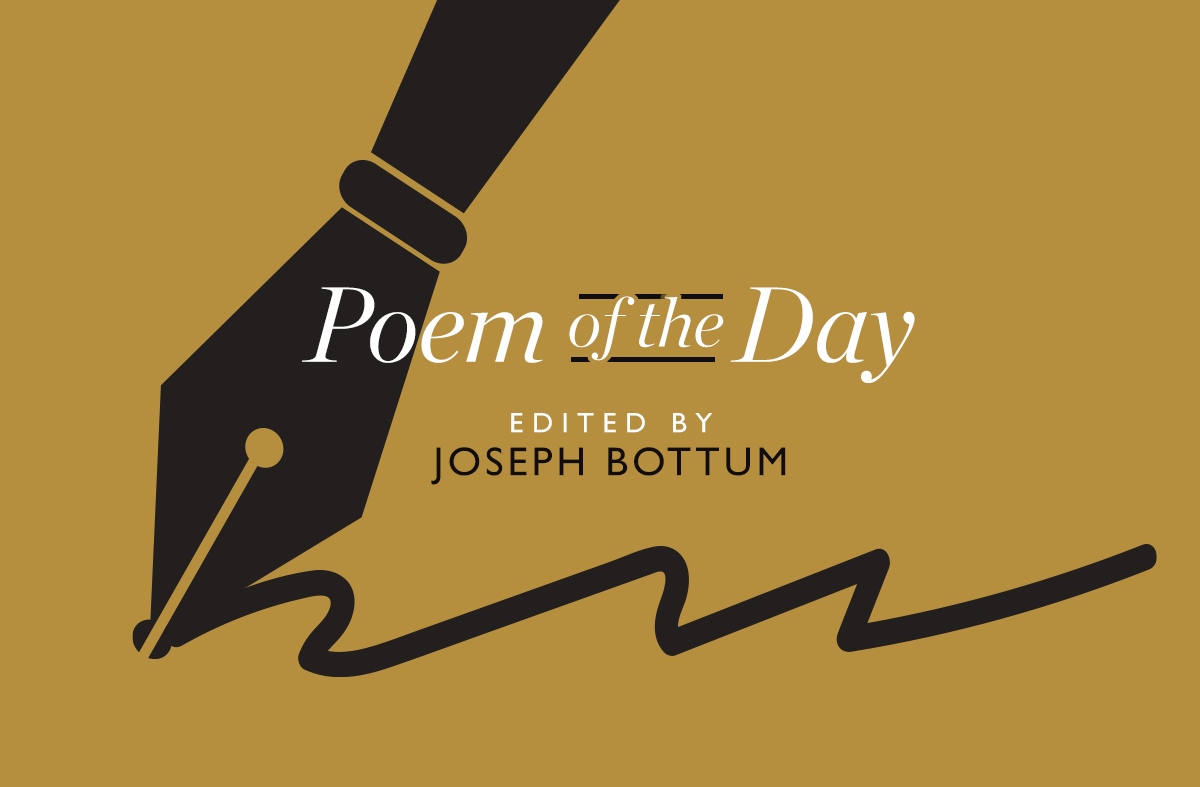Poem of the Day: ‘and ran away naked’
The poem homes in on one small, strange moment in the melee of a betrayal in a garden, in the dark small hours of a Friday morning—and ends with the devastating words, ‘As prudence bids one do.’

For Good Friday, the New York Sun continues its Holy Week series of poems read by living poets. A poet in Saint Paul, Minnesota, Maryann Corbett is the author of In Code and five other poetry collections. For Holy Week, she reads her sonnet, “. . . and ran away naked . . .” A medieval scholar and translator, recipient of both the Richard Wilbur Award and the Willis Barnstone Translation Prize, Corbett here has tweaked the structure of the Petrarchan sonnet, employing a rhyme scheme of abbacddcefgefg. The poem homes in on one small, strange moment in the melee of a betrayal in a garden, in the dark small hours of a Friday morning—and ends with the devastating words, “As prudence bids one do.”
. . . and ran away naked . . .
Mark 14:51-52
by Maryann Corbett
Foggy with sleep, with the long feast, with wine,
he heard in fragments. State police. Arrested.
Master. Bolt upright, panicking, he twisted
the sheet around himself and groped half blind
downstairs, outside, to the teacher’s place of prayer.
That there was blood already he could smell,
and hear the barking of commands, and feel
the noose of tension, and then see—there, there—
backlit with lamps and torches, the bowed head
of the man in whom all freedom’s hopes had lain.
And his soul drained away because he knew,
then, it was over. Sudden fierce and sweaty
hands yanking his bedsheet snapped him sane.
He dropped it, running. As prudence bids one do.
___________________________________________
With “Poem of the Day,” The New York Sun offers a daily portion of verse selected by the Sun’s poetry editor, Joseph Bottum of Dakota State University, with the help of the North Carolina poet Sally Thomas, The Sun’s associate poetry editor. Tied to the day, or the season, or just individual taste, the poems will be typically drawn from the lesser-known portion of the history of English verse. In the coming months we will be reaching out to contemporary poets for examples of current, primarily formalist work, to show that poetry can still serve as a delight to the ear, an instruction to the mind, and a tonic for the soul.
